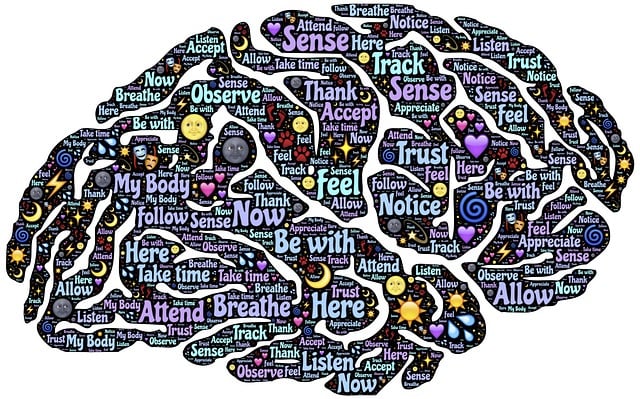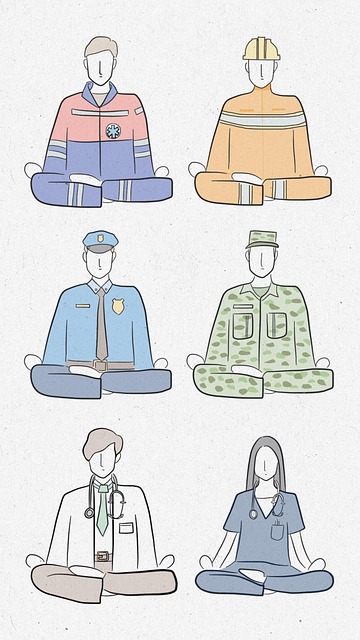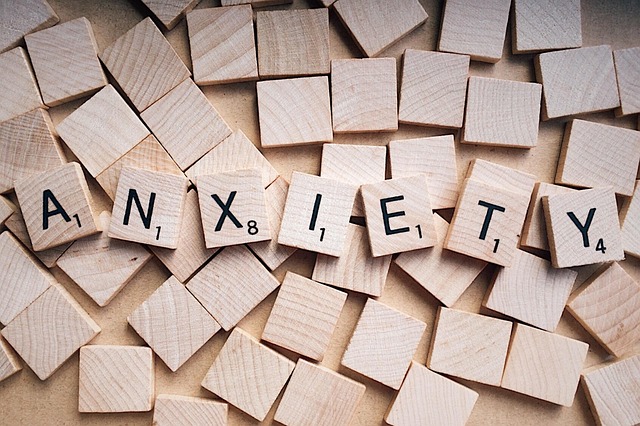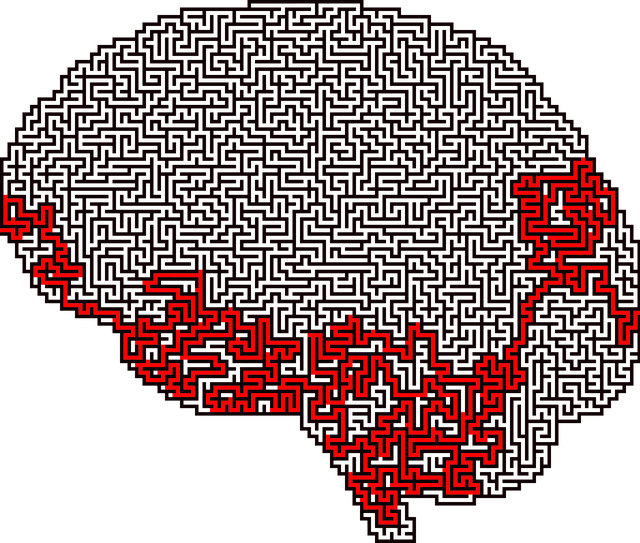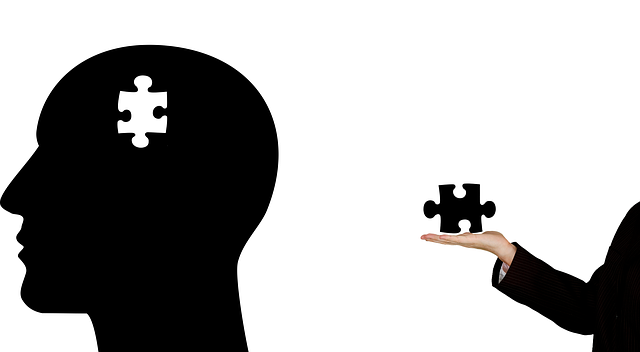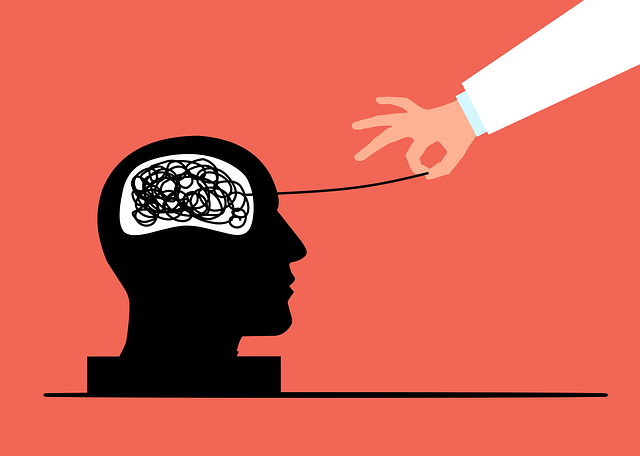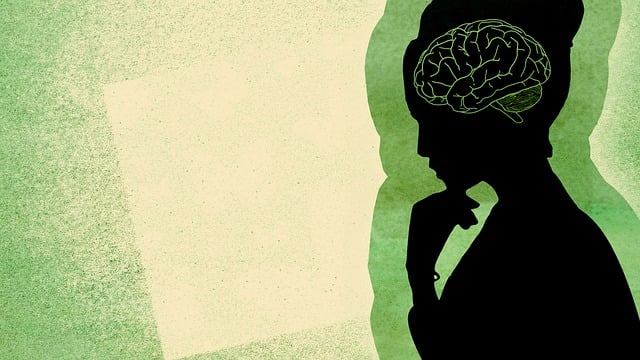Wheat Ridge Children Therapy emphasizes the importance of comprehensive mental health education through age-appropriate curricula, interactive workshops, and evidence-based strategies. Their approach focuses on creating inclusive environments, breaking stigma, and teaching self-care practices for emotional resilience. Utilizing storytelling, creative arts, role-playing, and group discussions, they cater to diverse learning styles. Stress Management Workshops equip students with practical tools while continuous evaluation ensures program effectiveness through KPI tracking and feedback integration. This holistic method promotes mental wellness, boosts confidence, and empowers young individuals to advocate for their well-being.
Mental health education is a cornerstone of holistic well-being, and program design plays a pivotal role in fostering meaningful change. This article explores the strategic development of mental health educational programs, tailored for diverse age groups, at Wheat Ridge Children’s Therapy. We delve into creating a robust foundation with comprehensive curriculum, effective implementation strategies to engage students, and evaluating impact through continuous improvement. By examining these elements, we aim to enhance mental wellness in young minds.
- Understanding Mental Health: Creating a Comprehensive Foundation
- Designing Age-Appropriate Curriculum for Effective Learning
- Implementation Strategies: Engaging Students and Facilitating Change
- Evaluating Impact and Fostering Continuous Improvement at Wheat Ridge Children's Therapy
Understanding Mental Health: Creating a Comprehensive Foundation

Mental health education programs must begin with a robust foundation of understanding mental wellness and its multifaceted aspects. At Wheat Ridge Children Therapy, we emphasize the importance of creating an inclusive environment where individuals learn to recognize and manage their emotional well-being. This involves breaking down stigmatized perceptions and providing accessible information about common mental health conditions, their causes, and effective treatment options. By fostering open conversations, these programs can help participants develop a comprehensive mindset that encourages self-care practices and promotes resilience.
A comprehensive curriculum should also focus on self-esteem improvement and stress management techniques. Equipping individuals with tools to navigate life’s challenges emotionally is key. Incorporating evidence-based strategies for coping with stress, anxiety, and depression allows program attendees to build a strong mental health foundation. Through interactive workshops and group discussions, participants can learn valuable self-reflection skills, enhance their problem-solving abilities, and cultivate healthy habits that contribute to overall well-being—all of which are essential components of a successful mental health education initiative.
Designing Age-Appropriate Curriculum for Effective Learning

When designing a mental health education program, particularly for children, creating an age-appropriate curriculum is paramount to ensure effective learning and engagement. The Wheat Ridge Children Therapy approach emphasizes tailoring content to match the cognitive and emotional development of the young audience. This involves breaking down complex topics into digestible chunks, using relatable examples and activities that cater to their age group. For instance, for younger children, incorporating storytelling and creative arts can make discussions on emotions and coping strategies more accessible. Older kids might benefit from interactive workshops focusing on communication strategies to manage peer dynamics and reduce mental illness stigma reduction efforts.
The curriculum should foster inner strength development by teaching resilience, self-awareness, and problem-solving skills. This age-appropriate approach not only enhances understanding of mental health but also empowers children with tools to navigate their emotions and build healthy relationships. By using interactive methods, the program encourages active participation, making learning memorable and meaningful, which is crucial for long-term retention and positive behavior change.
Implementation Strategies: Engaging Students and Facilitating Change

Implementing a mental health education program requires strategic approaches to effectively engage students and facilitate positive change. One powerful method is incorporating interactive activities and discussions that encourage active participation. At Wheat Ridge Children’s Therapy, we’ve found success with role-playing scenarios, group debates, and creative projects that allow students to explore mental health concepts in a safe and relatable manner. These strategies not only enhance learning but also foster empathy and build supportive peer relationships.
Additionally, providing practical tools for stress management is essential. The organization of Stress Management Workshops can equip students with techniques to cope with everyday pressures. By teaching them mindfulness exercises, cognitive reframing, and effective communication skills, we empower young individuals to become advocates for their own well-being. This proactive approach, coupled with ongoing support from mental health professionals, contributes to the development of inner strength, enabling students to navigate life’s challenges with resilience.
Evaluating Impact and Fostering Continuous Improvement at Wheat Ridge Children's Therapy

At Wheat Ridge Children’s Therapy, evaluating the impact of mental health education programs is a cornerstone of their commitment to continuous improvement. They employ robust measurement tools to assess not only the immediate outcomes but also the long-term effects on children and families. By tracking key performance indicators (KPIs) related to mental wellness coaching programs development, they can identify what works best and make data-driven adjustments. This approach ensures that each program builds upon previous successes, addressing emerging needs in depression prevention and confidence boosting.
Through regular feedback from participants, caregivers, and therapists, Wheat Ridge Children’s Therapy fosters a culture of continuous learning. They encourage open dialogue to understand the unique challenges faced by each child and family, allowing for tailored interventions. This holistic evaluation process not only enhances program effectiveness but also strengthens their overall ability to support young minds on their journey towards mental health recovery and well-being.
Mental health education is a powerful tool for empowering young minds, and as demonstrated by Wheat Ridge Children’s Therapy, a well-designed program can significantly impact student well-being. By combining comprehensive knowledge with age-appropriate curriculum and effective implementation strategies, schools can create a supportive environment where students feel heard and supported. Continuous evaluation and adaptation, inspired by best practices from Wheat Ridge Children’s Therapy, ensure that mental health education remains relevant and impactful for each new generation.

